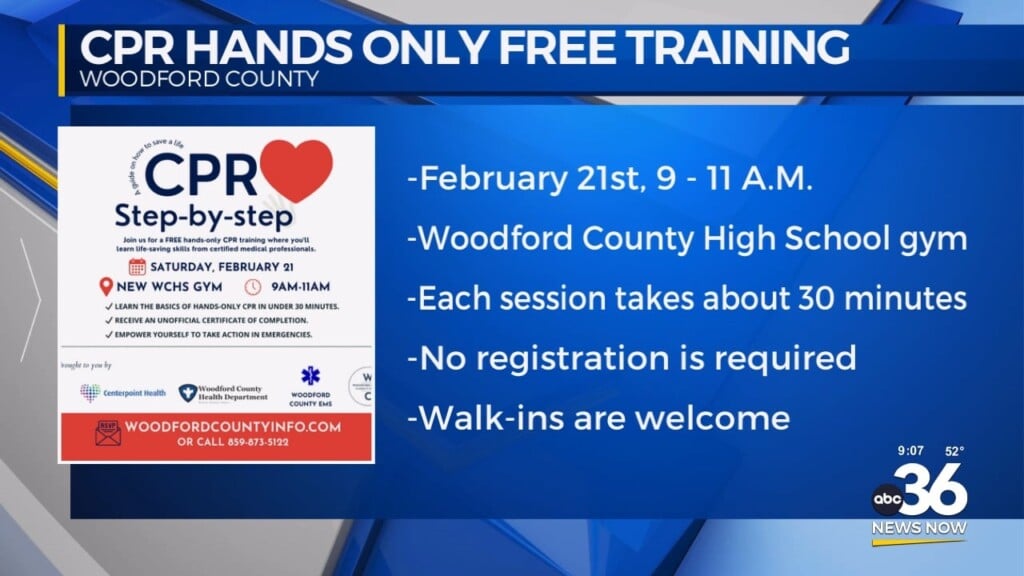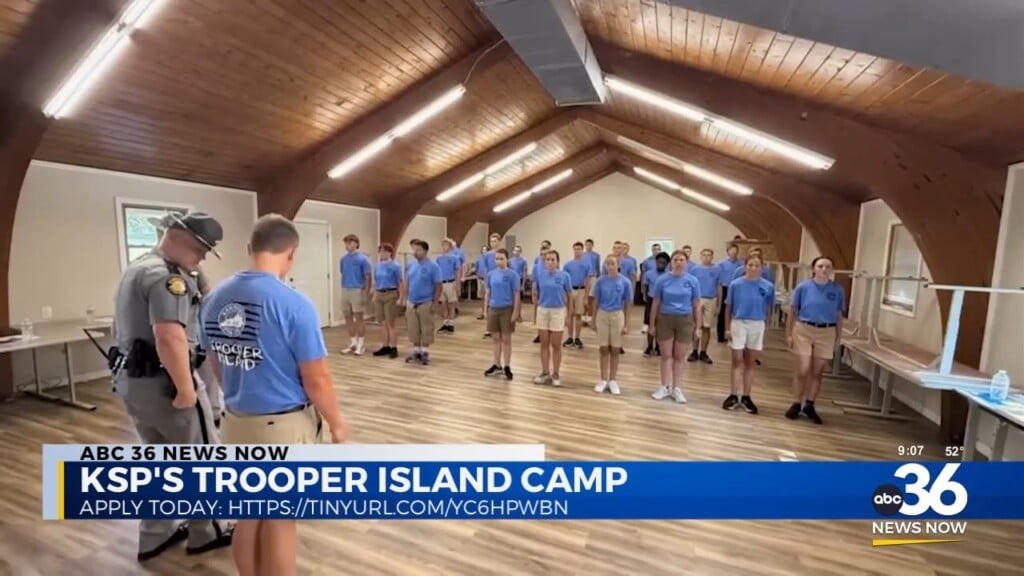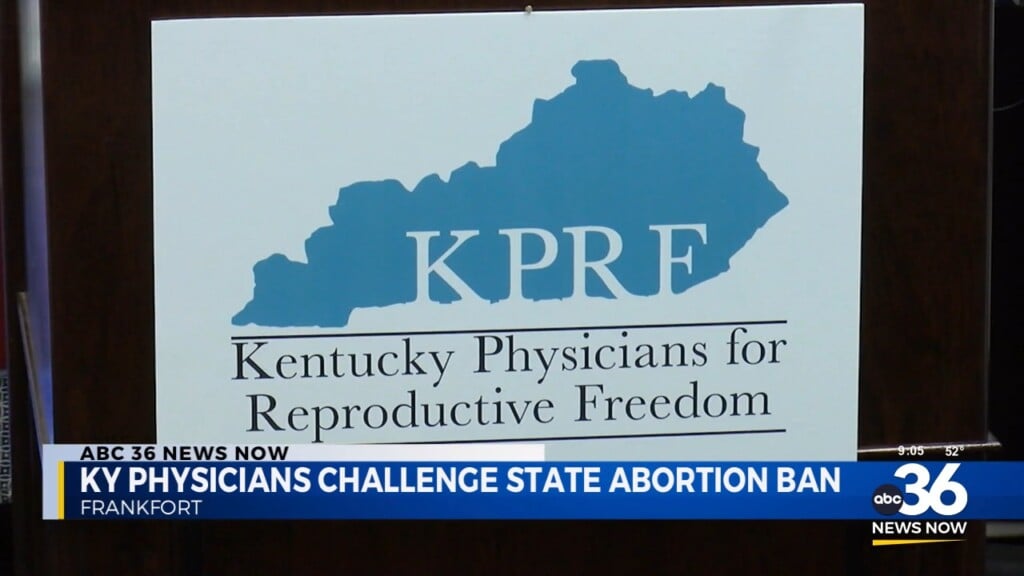The importance of learning CPR
Experts say it's not just about learning the techniques themselves: it's also about recognizing the signs of someone who needs help
LEXINGTON, Ky. (WTVQ) – Monday night, Buffalo Bills’ safety Damar Hamlin suffered cardiac arrest on the field while playing the Cincinnati Bengals in Cincinnati, Ohio. Amid Hamlin’s scary incident, the importance of learning CPR and other life-saving techniques are at the forefront of our minds.
YMCA trainer and CPR/AED certified instructor Jeff Wilson, currently working at the Whitaker Family YMCA, recalls the first and only time he’s put his skills to practice, administering CPR to someone who collapsed while working out.
“I was working at another local branch of the YMCA, and a very fit and very healthy adult male collapsed,” said Wilson.
Wilson recalls the feeling of relief, knowing he and several others were able to help save the man.
“[I was] happy that I had been trained. And happy that my first and only occasion to administer CPR was a team event, that I was not there alone,” said Wilson.
According to the CDC, 70 percent of cardiac arrests happen outside of hospitals every year, and about half of those people who experience cardiac arrest don’t get the help they need from the people around them before first responders arrive, which means precious time to save their life could run out.
YMCA of Central Kentucky District Vice President Dana Ensley says sometimes, warning signs of a person in need of help aren’t clear.
“Cardiac arrest is different than a heart attack. That’s when there’s a disruption in the electrical current and that can’t always be identified. Heart attack, typically, there’s signs like high cholesterol, but even in those instances it’s not always predictable,” said Ensley.
Ensley says that’s why it’s important to stay educated on how to help–while waiting for professional help–and to stay aware of those around you. It just may save a life.
“So the faster we can provide first responder care, meaning that we can start compressions, we can give rescue breaths, we can give first aid, can really diminish the likelihood of extreme injury or death because of that intermediate care,” said Ensley.
Some warning signs of someone experiencing cardiac arrest can be feelings of dizziness, or losing consciousness with difficulty to regain it, sudden collapse, no pulse, or no breathing.
If you’re interested in getting CPR/AED certified, click here to visit the YMCA of Central Kentucky’s website.



